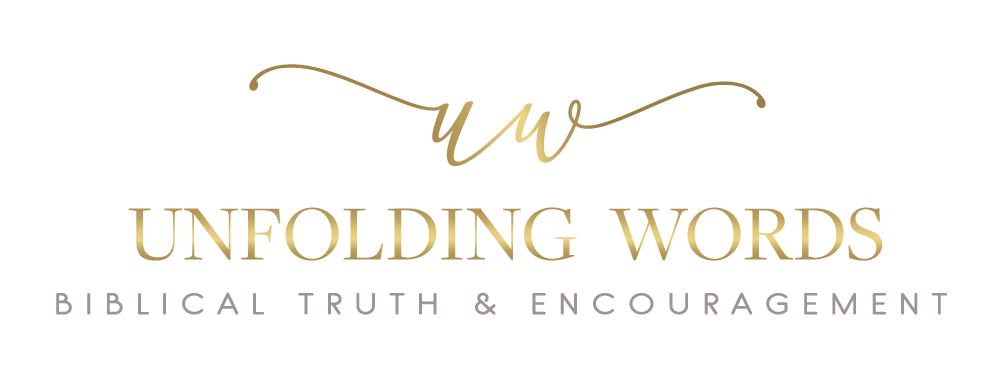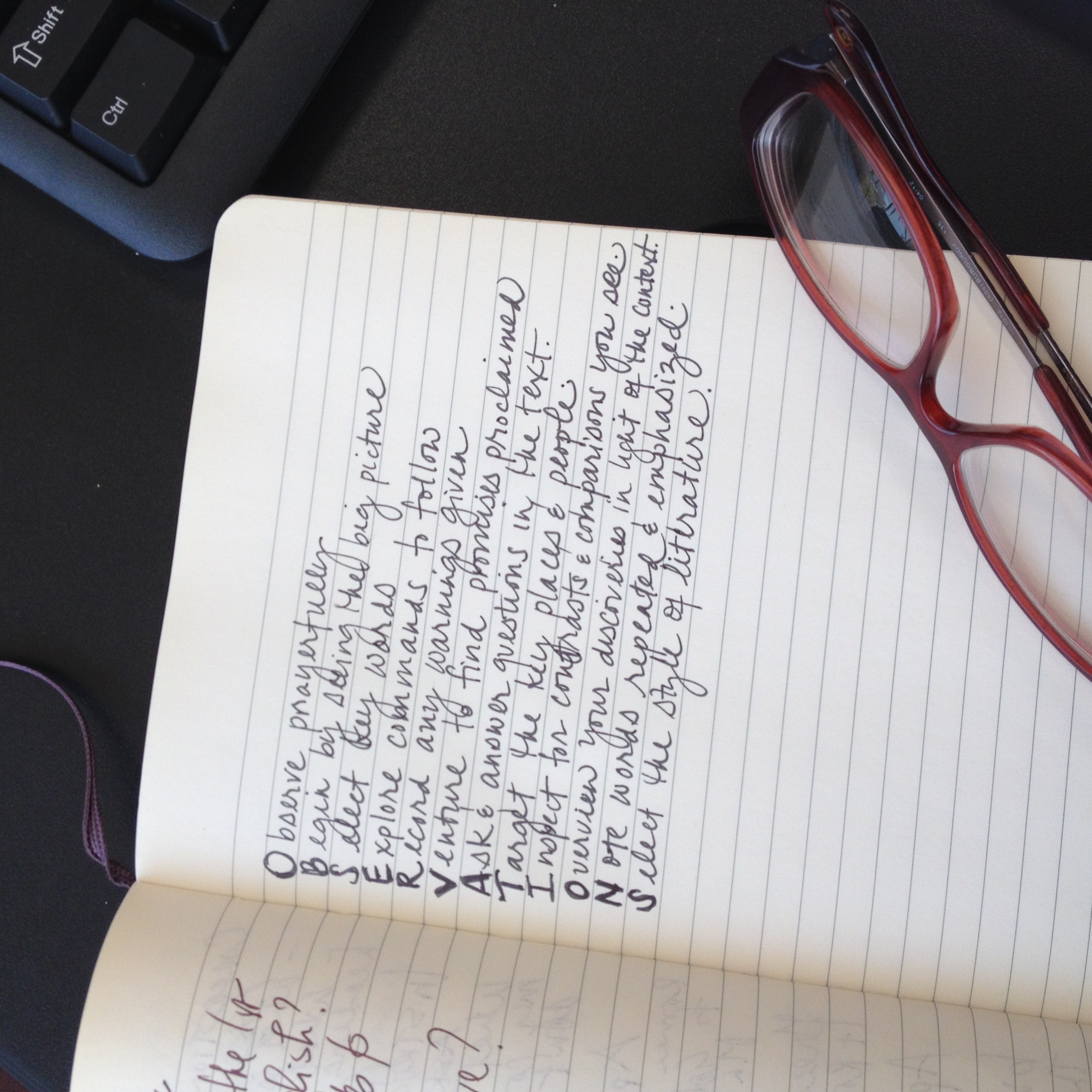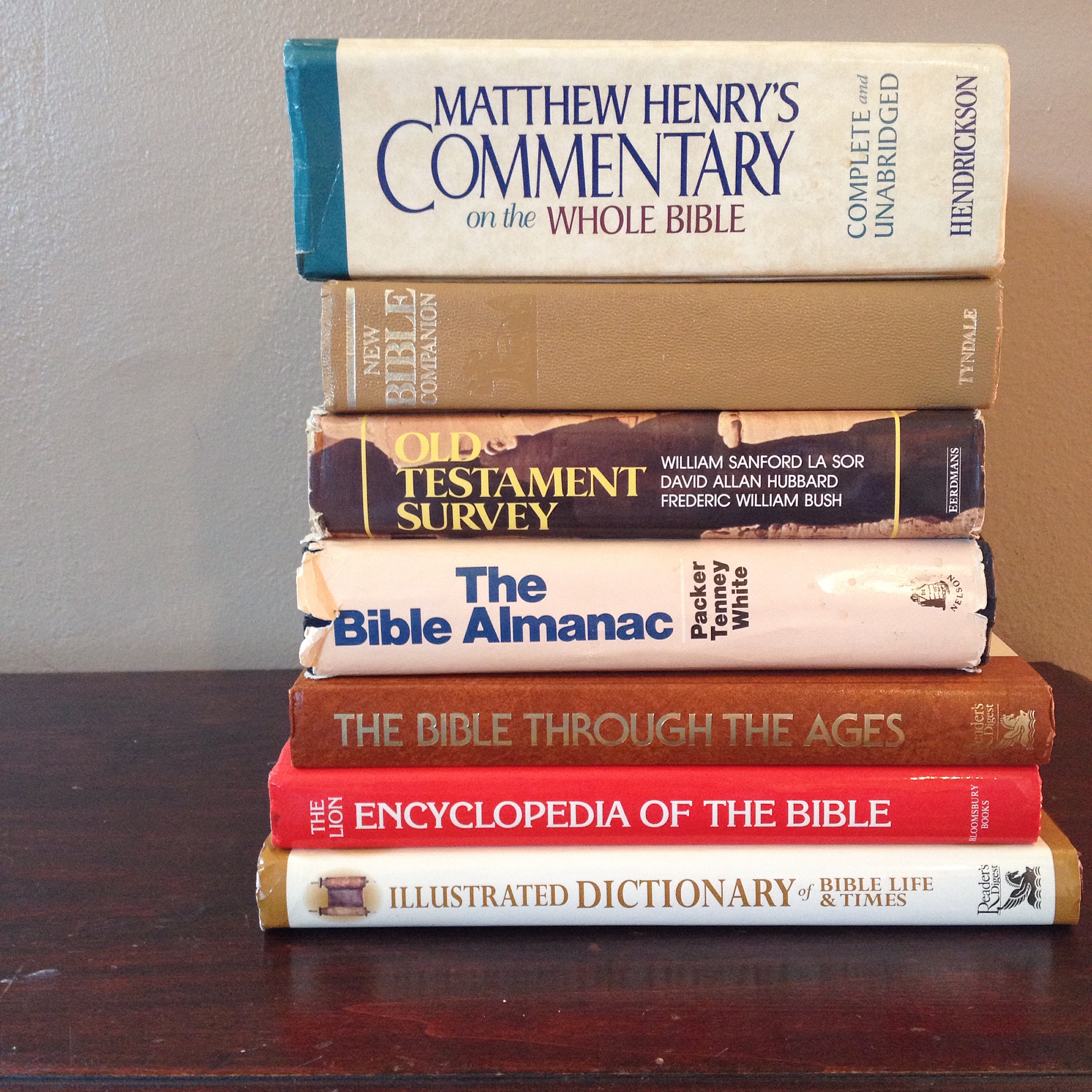Tomorrow starts week 3 of the Genesis Bible Study. I thought I'd share some recap notes from each week. Here's the week 1 video.
Genesis is a foundational book full of firsts: marriage, birth, matter, energy, society, morality, sacrifice, murder, polygamy, death, lie, rainfall, boat, city made, covenant among others.
This book reveals God’s nature and is the start of His autobiography.
Genesis is important because it corrected the Israelites thinking away from the culture’s thinking.
This is important because they were coming out from under Egypt’s polytheistic influence after 200-400 years and about to enter the Promised Land full of the Canaanites, the Hittites, the Jebusites etc. They needed to know: who you are and Whose you are.
Genesis 1:1 alone refutes 9 arguments:
Atheism: there is no God
Pantheism: all is God
Polytheism: many gods
Materialism: Matter is eternal
Dualism: good and evil are equal
Humanism: Man is the measure of all things
Naturalism: all things form from matter
Evolution: Man evolved from lower life forms
Deism: God is not involved in creation though he created it. Natural laws rule.
This book reveals God’s nature and is the start of His autobiography. We learn 3 things about God:
1. He’s a God of order
He made order out of chaos. He formed and then filled. He put sign in the sky for natural, agricultural cycles and festivals. God determines order and function, thus the use of this is very good.
Genesis 1:1 has seven words in the Hebrew. (7 is used 735 times total in the bible) The number seven is a number of completeness, divine perfection or something that is finished or perfect order. Even the retelling of creation has order:
God and the pronoun used 35 times in Genesis 1. God said is used 7 times in Genesis 1.
2. God’s love is evident in HIs careful and deliberate act of creation.
He took seven days to establish a pattern for us and show His carefulness & attention to detail in creation. His Spirit hovered is a picture of a bird over the nest. We see gentleness, provision, great care in handling His creation.
Like an eagle that stirs up its nest, that flutters over its young, spreading out its wings, catching them, bearing them on its pinions, Deut. 32:11 (ESV)
3. God is sovereign and He rules by serving
He created this world for US. God rules to show us how to rule because we are image bearers. Created in God’s image gives us a God awareness unlike any other creation. We have the characteristics of God which no other creature has.
Do not lie to one another, seeing that you have put off the old self with its practices 10 and have put on the new self, which is being renewed in knowledge after the image of its creator. 11 Here there is not Greek and Jew, circumcised and uncircumcised, barbarian, Scythian, slave, free; but Christ is all, and in all. 12 Put on then, as God's chosen ones, holy and beloved, compassionate hearts,kindness, humility, meekness, and patience, 13 bearing with one another and, if one has a complaint against another, forgiving each other; as the Lord has forgiven you, so you also must forgive. 14 And above all these put on love, which binds everything together in perfect harmony. Colossians 3:9-14
Creation is a picture of our salvation.
God takes our chaotic voidness (our existence in sin) and makes it very good = fit for the purpose for which it was made.
I Timothy 1: 8-10 8 Therefore do not be ashamed of the testimony about our Lord, nor of me his prisoner, but share in suffering for the gospel by the power of God, 9 who saved us and called us to a holy calling, not because of our works but because of his own purpose and grace, which he gave us in Christ Jesus before the ages began, 10 and which now has been manifested through the appearing of our Savior Christ Jesus, who abolished death and brought life and immortality to light through the gospel,












